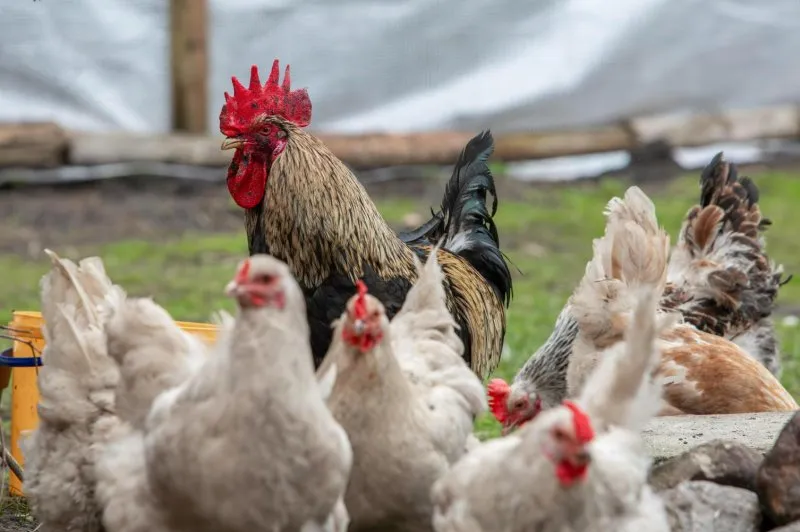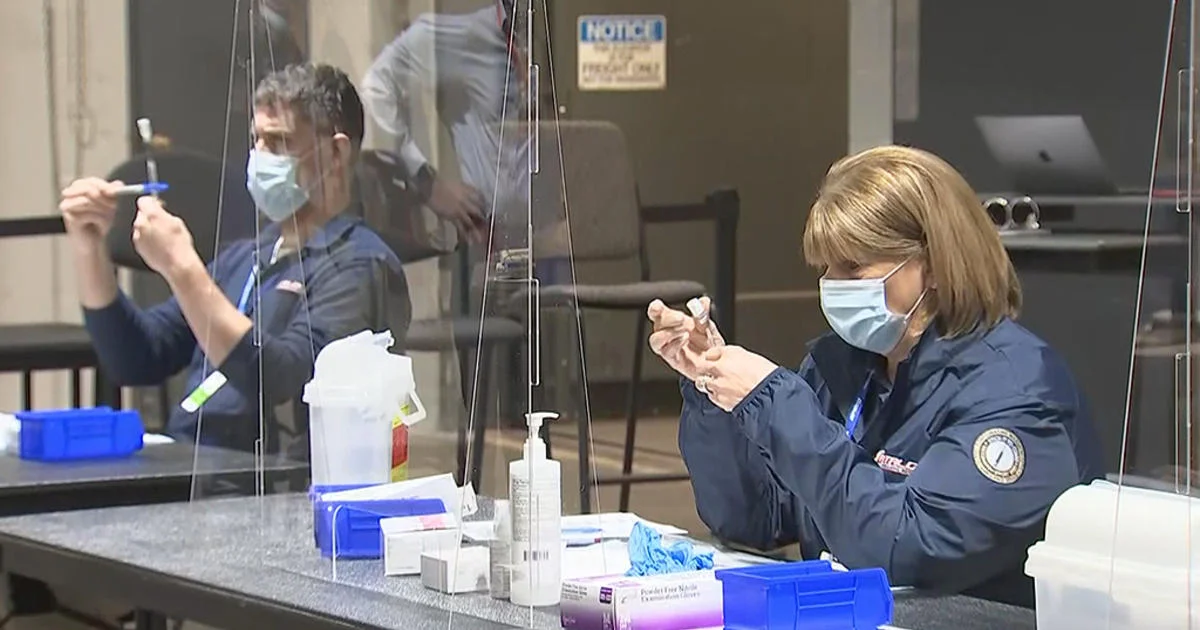In January 2025, China, the world’s largest meat importer, made a significant move by placing a ban on imports of livestock products, including sheep, goats, poultry, and even-toed ungulates, from a variety of countries across Africa, Asia, and Europe. This sweeping ban comes in response to concerns over the spread of livestock diseases such as sheep pox, goat pox, and foot-and-mouth disease, which have been reported in several countries around the world. The decision was detailed in a series of announcements from China’s General Administration of Customs, dated January 21, 2025, and has raised concerns across the global agricultural and meat industries.
The Scope of the Ban
The ban on livestock imports covers not only live animals but also processed and unprocessed products derived from sheep, goats, poultry, and even-toed ungulates. Affected countries include Ghana, Somalia, Qatar, Congo (DRC), Nigeria, Tanzania, Egypt, Bulgaria, East Timor, and Eritrea. Additionally, imports from Palestine, Pakistan, Afghanistan, Nepal, and Bangladesh have also been halted due to outbreaks of sheep pox and goat pox. Furthermore, following an outbreak of foot-and-mouth disease in Germany, China has suspended imports of even-toed ungulates and related products from that country as well.
This broad ban reflects China’s increasing concern over the potential for disease outbreaks to spread through international trade. As a major consumer of meat products, China’s decisions regarding imports have a significant ripple effect throughout the global agricultural and meat industries.
The Impact of Livestock Diseases
The primary diseases triggering these bans are sheep pox, goat pox, and foot-and-mouth disease. These diseases, although not typically fatal to humans, can be devastating to livestock populations and have significant economic consequences for farmers and nations dependent on livestock production.
Sheep Pox and Goat Pox: These diseases are caused by viruses related to the smallpox virus and primarily affect sheep and goats. They are highly contagious among livestock and can lead to symptoms such as fever, skin lesions, and general ill health, severely affecting the productivity of affected herds. While these diseases do not typically pose a direct threat to human health, they can lead to significant losses in the livestock industry due to reduced meat and milk production.
Foot-and-Mouth Disease (FMD): FMD is one of the most contagious diseases affecting cloven-hoofed animals, including cows, pigs, and sheep. It causes fever, blisters in the mouth and on the hooves, and can lead to a dramatic decrease in livestock productivity. FMD is highly contagious and can spread quickly across borders, especially through the movement of animals or contaminated products. The disease has been a major concern for global agricultural trade, and many countries impose strict controls to prevent its spread.
The presence of these diseases in various regions has led China to take decisive action. Given that China is both a major producer and importer of meat, especially in the context of sheep and goat products, the country’s decision to impose such a ban is an attempt to safeguard its domestic agricultural industry from these outbreaks.
China’s Role in the Global Meat Market
China’s position as the world’s largest importer of meat products underscores the significance of the ban. In recent years, China has increased its reliance on imports to meet its growing demand for animal protein, driven by a combination of domestic production challenges, changing dietary patterns, and an expanding middle class. The country is particularly dependent on imports of sheep, goat, and poultry products, and the decision to halt imports from a wide range of countries will likely have far-reaching effects on global markets.
The ban on livestock products from countries affected by disease outbreaks creates a significant disruption in the supply chain for both the global meat industry and countries that rely on exports to China. Exporters will need to find new markets for their products, or in some cases, face the risk of losing access to China for the long term. Countries that rely heavily on meat exports to China, such as several in Africa, the Middle East, and parts of Europe, could face economic challenges due to the sudden loss of a key market for their products.
For example, countries like Ghana, Nigeria, and Tanzania have seen substantial economic growth in their agricultural sectors, with China serving as a critical market for livestock products. Similarly, Egypt, Bulgaria, and East Timor, which are key suppliers of sheep and goat meat, may face economic downturns as their exports to China are suddenly restricted.
The Global Implications of China’s Decision
China’s ban on livestock imports also highlights the interconnectedness of the global agricultural system and the challenges that arise when diseases affect livestock populations. As countries continue to grapple with the rise of zoonotic diseases, where diseases are transmitted from animals to humans, there is an increased need for comprehensive measures to prevent and control outbreaks.
The ban also underscores the role that international organizations such as the World Health Organization (WHO) and the World Organization for Animal Health (OIE) play in providing disease monitoring and reporting services. The WHO’s release of information regarding outbreaks in several countries, which served as the trigger for China’s decision, reflects the growing importance of international collaboration in managing livestock diseases.
For nations affected by the ban, the long-term consequences may extend beyond immediate economic impacts. Countries may find themselves needing to strengthen their veterinary and disease surveillance systems, enhance public health preparedness, and potentially face diplomatic challenges with China as a result of trade restrictions.
China’s Efforts to Prevent Disease Spread
China’s decision to impose the ban on livestock imports also highlights the country’s increasing focus on disease prevention. In recent years, China has faced numerous challenges related to animal diseases, such as African swine fever, which decimated its pig population and led to major disruptions in the global pork market. The country’s efforts to implement stricter controls on imports of livestock and animal products are part of a broader strategy to prevent the spread of diseases into its domestic livestock population.
China’s General Administration of Customs has also indicated that it will continue to monitor global disease outbreaks closely, particularly in countries where livestock diseases have been reported. By acting quickly to stop the import of potentially infected products, China aims to protect its agricultural industry and prevent the spread of diseases that could harm its food security and economic stability.
Looking Ahead: Challenges and Solutions
While China’s actions are aimed at protecting its domestic livestock population, the broader global agricultural community will need to take proactive steps to manage the risk of disease spread. These steps could include enhancing disease monitoring and surveillance systems, implementing stricter biosecurity measures, and developing more effective methods of tracking the movement of livestock products across borders.
Countries that are heavily dependent on exports to China must explore alternative markets for their livestock products or risk facing economic stagnation. Additionally, they may need to invest in upgrading their veterinary infrastructure and ensuring that their livestock are disease-free before attempting to re-enter the Chinese market.
For China, the challenge will be balancing disease prevention with the need to maintain its role as the world’s largest meat importer. As global trade in livestock and animal products continues to expand, countries will need to work together to mitigate the risk of disease outbreaks and ensure that food security is maintained across regions.
China’s decision to ban imports of livestock products from several countries due to concerns over disease outbreaks is a significant move that reflects the growing importance of animal disease prevention in global agricultural trade. While the ban may help safeguard China’s domestic livestock industry, it poses challenges for affected countries that rely on exports to China as a key market. The global agricultural community will need to work together to improve disease surveillance, enhance biosecurity measures, and ensure that the trade of livestock products remains safe and sustainable in the face of growing disease risks.
In the coming months and years, the actions taken by China and other countries to address these challenges will shape the future of global meat markets and the role of disease prevention in international trade. The ban on livestock imports, while disruptive, serves as a critical reminder of the interconnected nature of the global agricultural system and the need for heightened vigilance in the face of disease outbreaks.






















